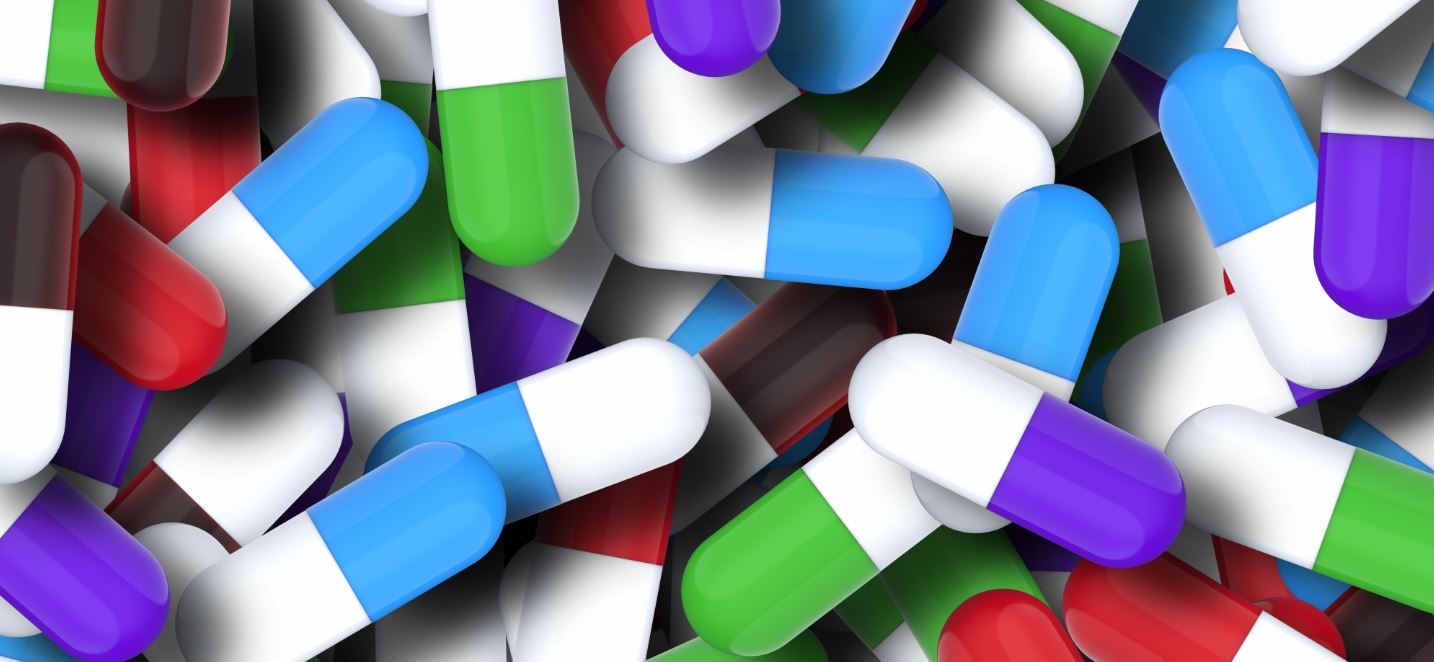HERBAL SUPPLEMENTS' ILLEGAL INGREDIENTS POSE HEALTH RISK 
06 February 2017
Full story in The Guardian
Unlicensed medicines used in obesity or erectile remedies could lower blood pressure or raise the chance of a heart attack, according to experts from Queen’s University Belfast, Kingston University in London and the life sciences testing company LGC.
Many herbal supplements contain hidden unlicensed pharmaceutical ingredients and the undeclared substances are often used in products classified as food supplements, according to the latest research which is published in the Journal of the Association of Public Analysts.
Emeritus Professor Duncan Burns, a forensically experienced analytical chemist from Queen’s Institute for Global Food Security, has been working with a team of specialists on the peer-reviewed paper to examine the detection of illegal ingredients in the supplements.
Food supplements are now commonly used by people as part of their personal healthcare regimen and, in recent years, there has been a huge growth in the supplies and sales of these products. They can be easily purchased from pharmacies, health food stores and from internet sites with direct delivery thus lacking any border control or surveillance.
The research team concluded that at a time when food supplements are at risk from contamination with illegal ingredients on a global scale, one of the most important factors jeopardising the safety of food supplements are their adulteration with synthetic pharmaceutical drugs. Not only do such supplements often make unverified claims as to their benefits but some have illegal ingredients which could pose a threat – potentially causing low blood pressure or an increased risk of heart attack.
Among the most common substances identified was Sibutramine, which was withdrawn across Europe and the US in 2010, due to an increased risk of heart attacks and strokes associated with the use of the drug.
Professor Burns explained: “We have found that these supplements are often not what customers think they are – they are being deceived into thinking they are getting health benefits from a natural product when actually they are taking a hidden drug.
“These products are unlicensed medicines and many people are consuming large quantities without knowing the interactions with other supplements or medicines they may be taking. This is very dangerous and there can be severe side effects.”
The team analysed adverse findings recorded by the European Union’s rapid alert system for food and feed (RASFF) between 2009 and 2016 inclusive.
The experts believe the pharmaceutical ingredients are sometimes added accidentally but on other occasions deliberately in an attempt to enhance products.
Professor Burns added: “People who take these products will not be aware they have taken these substances and so when they visit the doctor they may not declare this and it can be difficult to determine what is causing the side effects. It is a very dangerous situation.”
He concluded that the RASFF list was unlikely to be comprehensive “unless they went to every health food shop and every herbalist in the country”.
He advised consumers: “Be cautious about supplements you buy and use reputable websites. Discuss any concerns with your GP and always tell them what you’re taking.”
Inquiries to Gerry Power, Communications Officer/Editor Donor News, Queen’s Development and Alumni Relations Office; tel: +44 (0)28 9097 5321.
Photo: Pixabay
Back to Main News
Top of Page